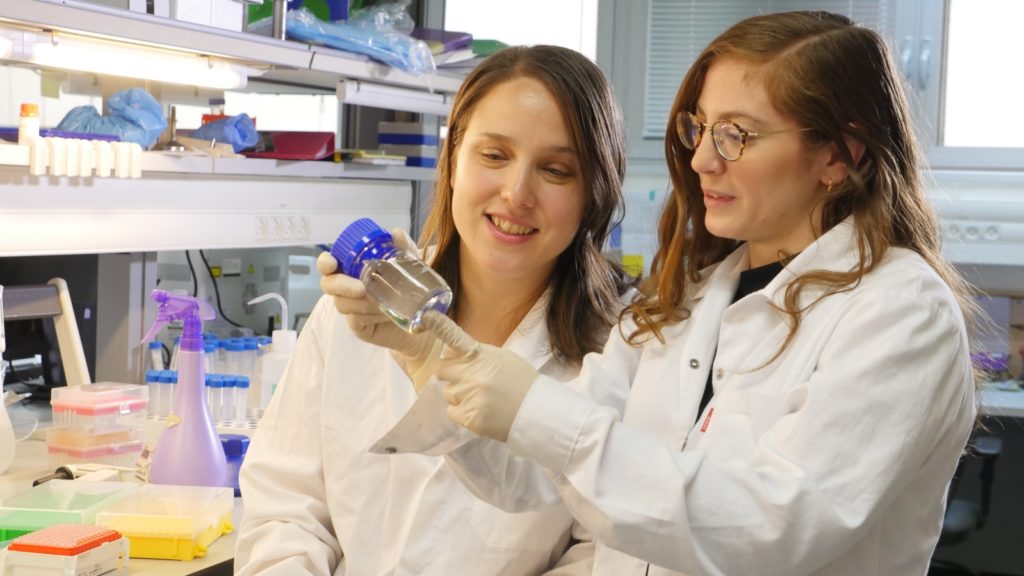Researchers are developing an innovative delivery system for medical cannabis that lengthens its therapeutic effects to months and targets specific conditions.
The new method releases the cannabis slowly, marking a big advance over the current practice. Medical cannabis now is usually inhaled or taken orally. But that yields short-lived benefits because the entire amount enters the body at once.
In the method devised by Technion researchers led by Professor Dedi Meiri, with scientists at Shenkar College of Engineering, Design, and Art, tiny polymer microbeads, called microdepots, are first loaded with phytocannabinoids, the naturally-occurring chemicals in cannabis. The microdepots are then injected into the patient, gradually releasing a specific combination of medical cannabis strains tailored to the patient’s condition. As such, the drugs stay with the patient for two months or more and are more effective. Studies conducted in mice found the microdepots reduced the occurrence of the most severe kind of epileptic seizures by 40%.
Prof. Meiri’s Laboratory of Cancer Biology and Cannabinoid Research in the Faculty of Biology is the largest of its kind in academia, with 44 researchers developing methods for analyzing the active compounds in over 900 different types of cannabis plants. They work with cannabis growers to identify almost every strain of marijuana grown in Israel, matching specific strains to the diseases they affect. “Cannabis is a generic name,” said Prof. Meiri. “But it’s not enough to say take two and this will help.” His lab focuses on treatments for cancer, neurodegenerative diseases including Alzheimer’s, and immunological diseases such as multiple sclerosis.


